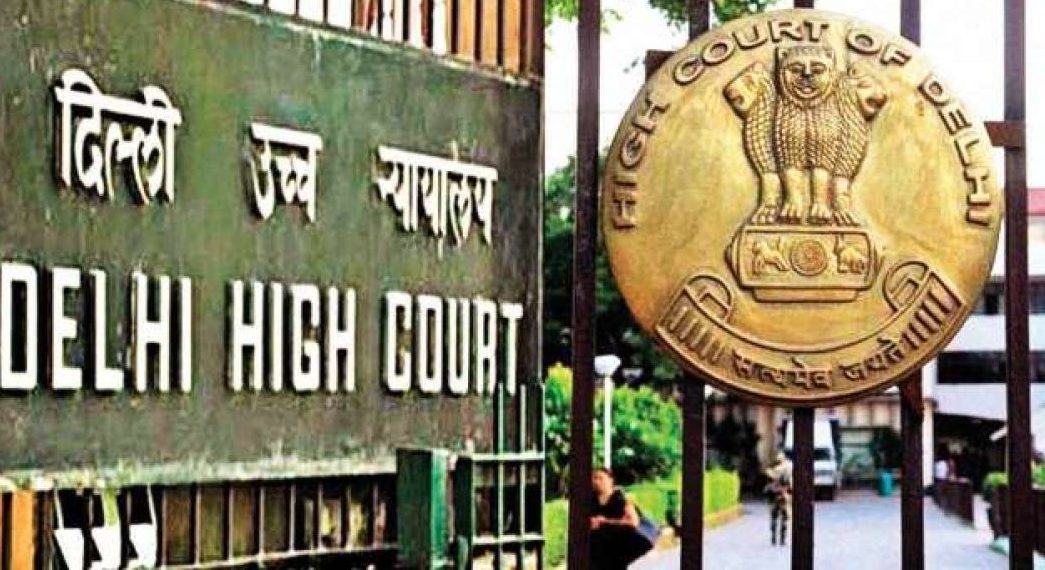By Sanjay Raman Sinha
In a significant legal victory for the Union government, the Delhi High Court has ruled against Reliance Industries Ltd (RIL) and its foreign partners in a long-standing dispute over unauthorized oil and gas extraction. The verdict reinstates the government’s $1.7 billion claim against RIL and its associates for alleged “unjust enrichment” through the extraction of natural gas that migrated from state-run ONGC’s fields to RIL’s KG-D6 block off the Andhra Pradesh coast.
The ruling quashes an international arbitration award that had previously dismissed the government’s allegations of “insidious fraud” and “unjust enrichment.” With this decision, the central government and the Ministry of Petroleum and Natural Gas have secured a crucial win. However, the legal battle is far from over, as RIL retains the option to challenge the verdict before the Supreme Court.
The Core Dispute
At the heart of the case lies a Production Sharing Contract (PSC) signed in 2000 between the Indian government and RIL. The government contends that RIL extracted and sold natural gas that had migrated from adjacent blocks belonging to ONGC, thereby profiting from resources outside its designated contract area.
The Division Bench of the Delhi High Court, comprising Justices Rekha Palli and Saurabh Banerjee, overturned a previous single-judge ruling that had dismissed the Petroleum Ministry’s claims. The Court found that the international arbitration award, issued on July 24, 2018, was “contrary to public policy”, a key criterion under Indian arbitration law that can be used to challenge awards.
Public Policy: A Contentious Legal Ground
The High Court’s reliance on “public policy” to annul the arbitration award raises legal concerns. In India, public policy remains a loosely defined concept, interpreted differently by various Supreme Court benches over time. While it serves as a safeguard against fraudulent or unethical practices, it can also be wielded as a tool to overturn unfavourable arbitration rulings, potentially undermining the finality of commercial dispute resolution.
Oil and gas disputes are inherently complex, often involving issues related to jurisdiction, equipment, contractual obligations, and trading terms. A more robust and predictable dispute resolution mechanism is essential for maintaining investor confidence in India’s hydrocarbon sector.
Impact On Arbitration And Foreign Investment
The Delhi High Court’s decision could have far-reaching consequences. It not only reignites legal battles over financial liabilities in the country’s energy sector, but also raises concerns about judicial intervention in arbitration. The Arbitration and Conciliation Act, 1996, is designed to minimize judicial interference, yet this ruling sets a precedent for increased court scrutiny.
Foreign investors and energy sector partners may now view arbitration in India with greater caution, as legal certainty and contract enforcement are key factors in the ease of doing business. The ruling could discourage companies from choosing India as a preferred jurisdiction for resolving commercial disputes, potentially affecting future foreign direct investment (FDI) in the oil and gas industry.
The Road Ahead
With the arbitration award annulled, RIL is likely to challenge the verdict before the Supreme Court, prolonging the legal battle. The case has opened a broader debate on
the balance between judicial review and the sanctity of arbitration awards. The Supreme Court’s stance on this matter will be crucial in determining whether arbitration in India remains a viable, independent mechanism for resolving high-stakes commercial disputes.
In the final analysis, while the Delhi High Court has sought to protect public interest and prevent alleged unjust enrichment, the ruling may have unintended consequences for India’s arbitration framework and investment climate. The legal and business communities will be closely watching the next steps in this high-profile case.



